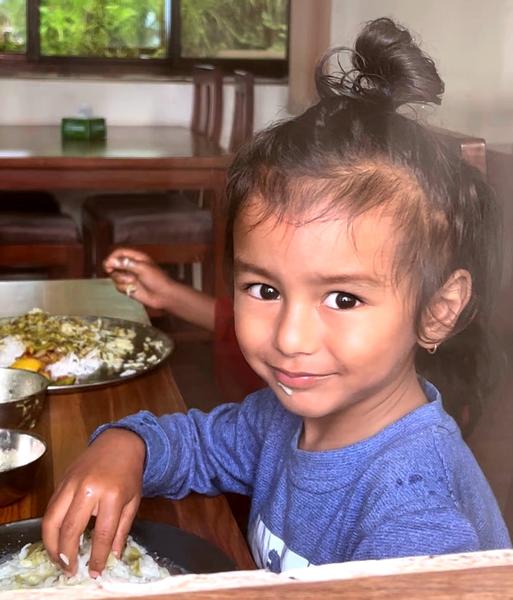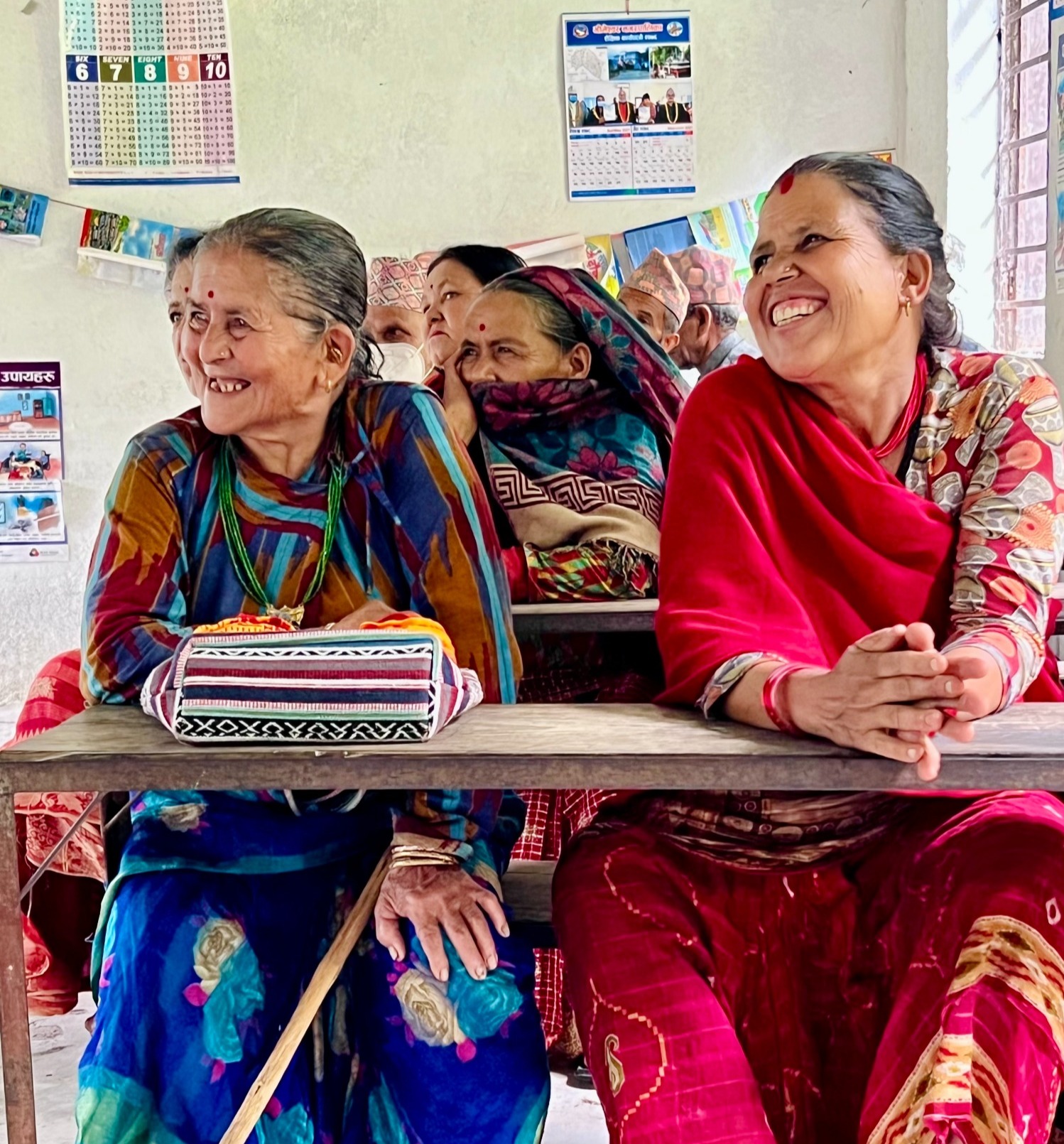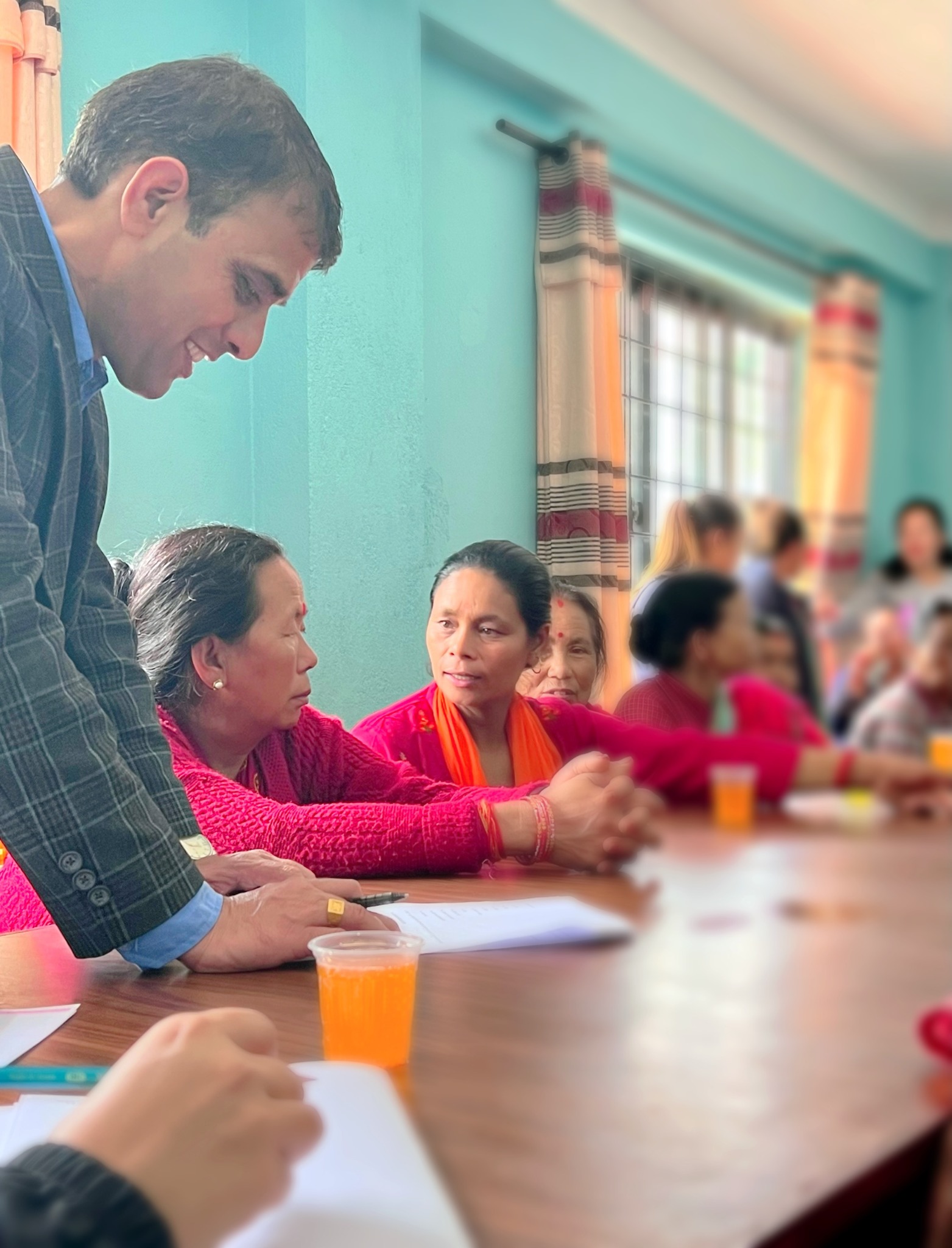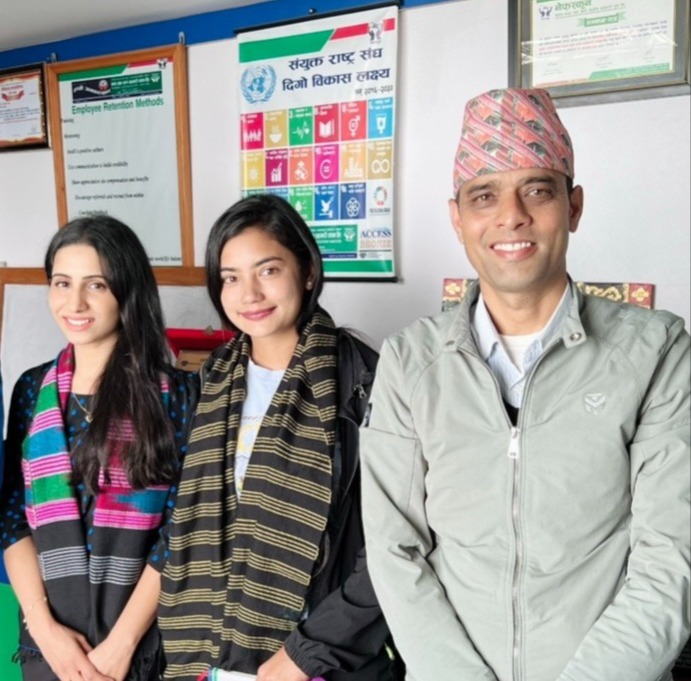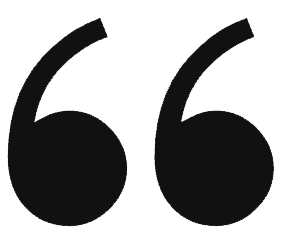My work examines global health through the lens of power and access, informed by training as a clinician and public health researcher, and field work across hospitals in the U.S., rural Nepal, India, and with at-risk youth in San Francisco.
The trajectory began when I was fifteen, on a flight into Mumbai. From the window seat, I pressed my face to the glass, mistaking the expanse below for a forest. “Those aren’t trees,” my father said. “They’re slums.” Hours later, from our hotel room , I watched women and children in the open sewers outside. I saw and felt privilege and deprivation—separated only by glass.
